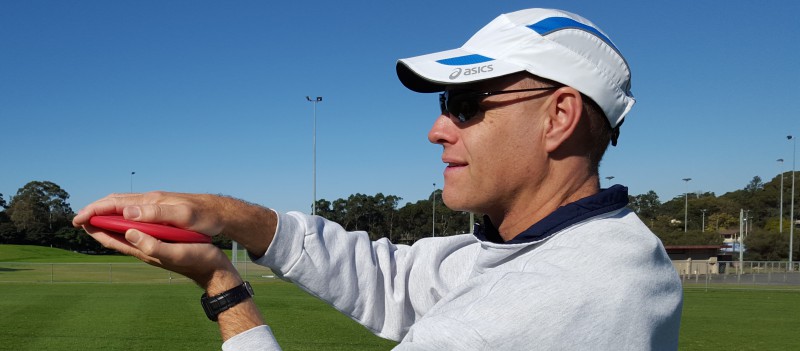Can Coaching Corrupt a Skill?
Coaching can be an essential part of the development of young athletes. Coaches are expected to impart knowledge, skill, and expertise to their athletes, to help them achieve their goals and reach their full potential. However, coaching intervention is not always necessary, nor is it always beneficial. In some cases, coaching can even corrupt a skill, undoing all the hard work that an athlete has put in up to that point.
The key to successful coaching is to be selective about when you impose yourself on a situation. Just because you have knowledge and experience in a certain area does not mean that you should always try to impose it on those around you. You need to be aware of the specific needs of the athlete and be able to recognize when your intervention is likely to be helpful, and when it is likely to do more harm than good.
An experience that has stuck with me was when I took on the coaching of a young girl in the javelin prior to a national championship. She had been throwing really well without much coaching, including setting a new state record. One of the first things that I noticed was that she appeared to just run and throw. I immediately went about “fixing” this. I thought: She was throwing state records without measuring her run-up. How much better would she be if I helped her develop a measured run-up?
So I set about teaching her a new technique, and it backfired. She struggled during training but we persisted. At the nationals, she badly underperformed, looking awkward and hesitant. I failed her as a coach. I should have been more selective about my coaching intervention and recognized that her previous method was working for her. By trying to impose my own expertise, I inadvertently corrupted her skill and undermined her confidence. I introduced new information that overloaded her working memory, making unconscious movement conscious and interrupting the natural flow of movement. Instead of simply charging in and throwing, she was concerned with counting and coordinating her strides.
This experience taught me an important lesson about coaching: not all coaching is good coaching. Coaches need to be aware of their own limitations and be prepared to step back and let the athlete take the lead when necessary. The best coaches are those who are able to identify when an athlete needs guidance, and when they need to be left alone to find their own way.
Coaching can be a valuable tool in the development of young athletes, but it is not always necessary, nor is it always beneficial. Coaches need to be selective about when they impose themselves on a situation and recognise that not all coaching is good coaching. By being aware of their own limitations and the specific needs of the athlete, coaches can help to ensure that their intervention is helpful, rather than harmful.
If this post helped you please take a moment to help others by sharing it on social media. If you want to learn more I encourage you to leave questions and comments or contact me directly.
Darren Wensor is a sports development professional, coach educator, specialist coach of young athletes, and founder of the blog coachingyoungathletes.com. Learn more about him here and connect with him on Twitter, Facebook, Linkedin, or via email. Check out Coaching Young Athletes on YouTube, the Coaching Young Athletes podcast, and the Coaching Young Athletes E-Book Series.

